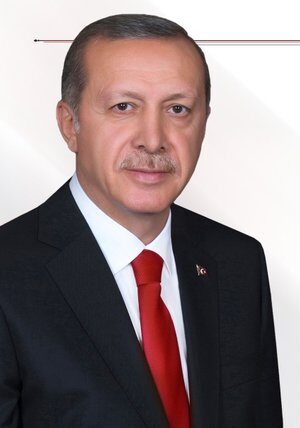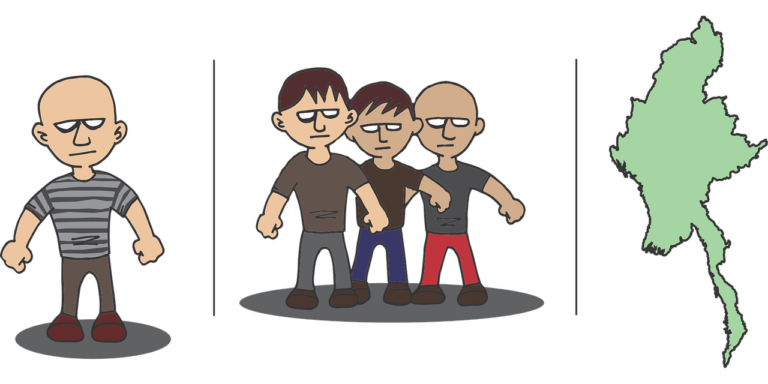
 By Venkatesh Raghavan*
By Venkatesh Raghavan*
In the first round, the voters in Türkiye threw up a fractured mandate forcing a second round of voting for the presidential post. The incumbent President Recep Tayyip Erdoğan is largely expected to retain the high office as a lesser-known contender, Sinan Ogan, is expected to play the role of a kingmaker. Ogan had secured 5.17% of the votes in the May 14 elections but may support Erdogan in the second round on May 28, 2023. However, Ogan has pronounced that his support will be extended only after a clear stand on the anti-terrorism measures that he is in pursuit of. Reportedly, Ogan might also bargain for a vice-president post if it’s required of him to play kingmaker.
In the May 14 elections, the two leading contenders for the top post, Erdoğan and Kemal Kiliedarolgu, failed to cross the threshold mark of securing 50% or more of the votes, with Erdoğan securing 49.5% votes and his closest rival Kiliedarolgu capturing 44.89% votes that precipitated a runoff on May 28, forcing a second round of voting for the presidential post. Currently, all candidates in the presidential poll fray have accepted the run-off on May 28. Kiliedaroglu too has pledged to win the polls. In Turkish elections, a run-off means a second round of polling owing to no presidential candidate being able to touch the 50% tally mark. While both rivals are gearing up their campaigns for the May 28 poll fray, the collateral it holds for Türkiye is still not very clear.
For Erdoğan who is seeking to win a third term as President, it’s a letdown for a leader of his stature who ruled his country for two decades and led to its transition from a parliamentary system to the presidential system in July 2018, to be faced with a runoff or second round of polls.
Erdoğan deftly chose the opportunity to label the Turkish presidential polls as exhibiting the most advanced democratic culture. In addition, he expressed confidence that he will be able to win the May 28 runoff. Erdoğan’s close ally, leader of the Nationalist Movement Party (MHP) Devlet Bahceli pitched in favour of the ruling President, stating, “It will be a vote for stability.”
But the fractured verdict does signal the taming of Erdoğan, who today is among the most powerful world leaders. His role of late had been quite vocal and significant, whether in the Black Sea Grain Deal, NATO’s expansion as well as in Syria and in the Balkans, where the nations in the region – Serbia. Bosnia and Herzegovina, Serbia and Croatia are aiming to improve their economic relations with Türkiye.
Erdoğan has already played his trump card of supplying one month of free energy to Turkish households from the huge gas reserves that were unearthed in the Black Sea region. He has also extended the provision of Ukraine’s existing permit for the export of grains through the Black Sea on grounds of pressing for humanitarian relief from hunger.
Erdoğan’s over two decades of rule witnessed a huge increase in the manufacturing sector, both defence equipment and automobiles. His performance in the earthquake-hit provinces too was considered to be akin to delivering on promises. He sounded off in his election campaign about laying increased emphasis on agriculture, education, energy and transportation sectors. In addition, he promised to give a much-needed impetus to the tourism sector and scale it up to the USD 100 billion mark.
His opponent Kiliedaroglu has stated that he will take Türkiye through a new path with assistance from his six-party alliance if voted into office. Many political observers see the run-off poll event as a crucial phase for Erdoğan’s AK party. They feel it’s important for Erdoğan to pursue his vision for Türkiye, continuing his two-decade stint in office.
All eyes are on Türkiye’s march towards the run-off presidential polls as this is expected to impact the country’s foreign policy, mainly its relationship with Syria and also a perspective on the United States of America’s reported support to the Kurdistan Workers’ Party (a globally outlawed organization).
Besides prospects of it repairing the bridge that damaged its relationship with other NATO bloc countries also feature in the post-poll scenario that Turkiye emerges with.
On the domestic front, there is an increasing mistrust towards the United States. A 2022-based survey stated that nearly 43% of Turkish citizens regard the United States as a threat to their country. Against this backdrop, Erdoğan’s purchase of S-400 air defence systems from Russia had ruffled the feathers of domestic politicians as well as Türkiye’s NATO allies. The opposition alliance parties are in favour of neutralizing the air of hostility evoked by the purchase of S-400 air defence systems by forging stronger ties with the NATO member countries.
Additionally, Türkiye’s current presence on Syrian soil is justified as a concern for lasting stability in the region and also for upholding human rights values. The two opposing camps to the current Syrian government machinery, namely the Democratic Union Party (PYD), which is a Kurdish left-wing political party established on September 20, 2003, in northern Syria; and The People’s Defense Units, also called People’s Protection Units,(YPG), which is a mainly Kurdish group in Syria and the primary component of the Syrian Democratic Forces; are carrying on with continued support from the USA. The Turkish stand regarding US support for these warring elements, however, is not likely to change regardless of which Presidential candidate arrives at the hot seat.
*Senior journalist





